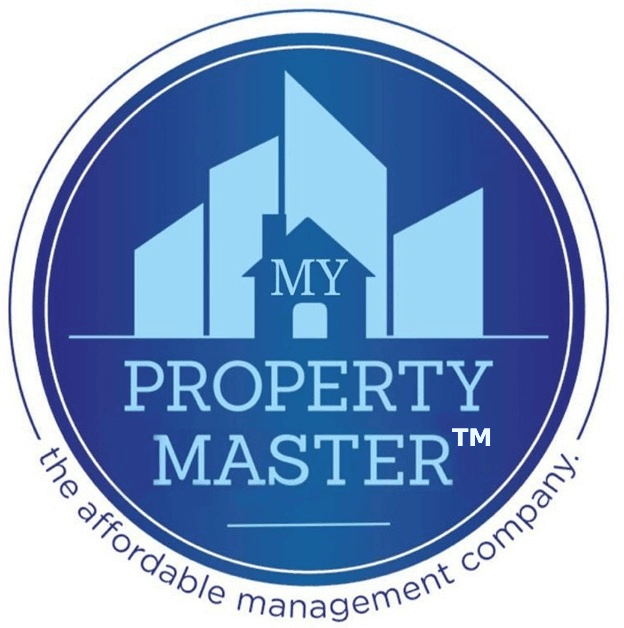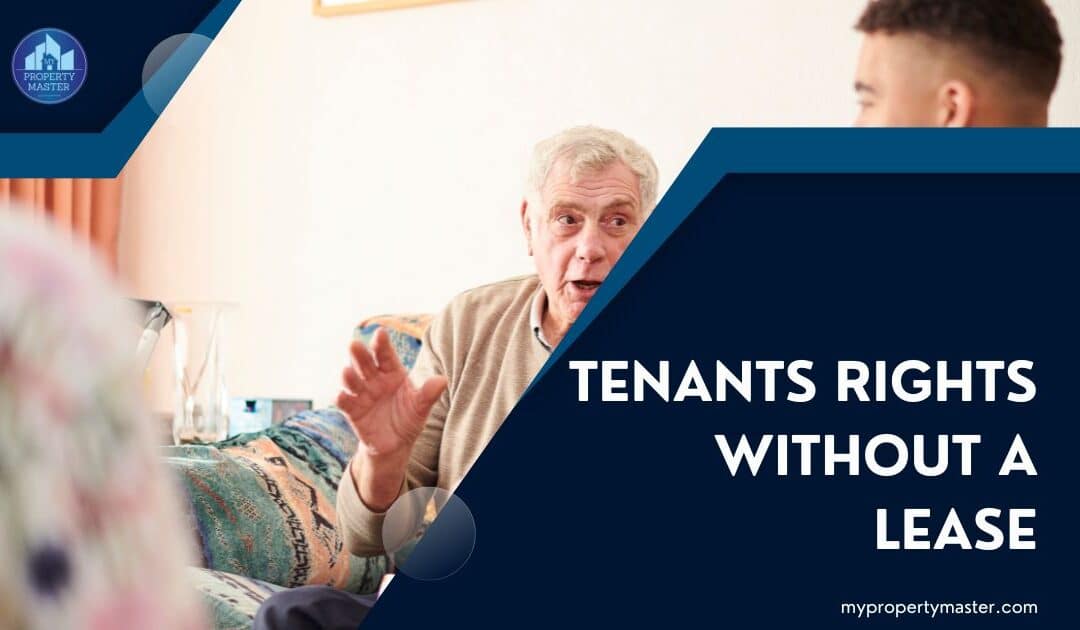As a tenant, you may find yourself in a situation where you don’t have a formal lease agreement with your landlord. This can happen for various reasons, such as renting month-to-month or renting from a friend or family member without a written contract.
While not having a lease may seem daunting, it’s essential to understand that tenants still have rights, even without a formal agreement.
We’re a property management company in Rhode Island, operating for over 30 years. From my practical experience, I will discuss tenant’s rights without a lease agreement.
Let’s get started.
What rights do tenants have without a lease?

Not all tenants have a formal lease agreement. Some may rely on verbal agreements or live in properties where leases are implied.
Despite the absence of a written document, tenants still possess legal rights and responsibilities, ensuring protection under state and local laws. These are as follows:
Right to occupancy
Even without a lease, tenants have the right to occupy the property they are renting as long as they are paying rent and abiding by the terms of the agreement, whether it’s verbal or implied.
This right safeguards against arbitrary eviction, providing stability and security for tenants.
Landlords must adhere to proper legal procedures if considering eviction, reinforcing the principle that tenants, whether with or without a formal lease, have a right to remain in their rented space as long as they fulfill their obligations outlined by law or verbal agreements.
Related: How many days do you have to move after an eviction?
Right to a habitable living space

Regardless of whether there’s a written lease, landlords must actively provide tenants with a habitable living space as a legal requirement.
This habitable living space provides essential amenities such as running water, heat, electricity, and a structurally sound dwelling.
It guarantees tenants a residence meeting basic living standards.
For instance, if a rented apartment experiences a prolonged heating system failure in winter, the tenant, regardless of a written agreement, retains the right to demand prompt repairs to ensure a habitable environment.
This right emphasizes that tenants deserve a safe and comfortable living space, with landlords obligated to address and remedy issues affecting the property’s habitability, regardless of a formal lease.
Read also: When do landlords have to turn the heat on?
Right to privacy

Tenants can expect and deserve privacy in their rented homes. Landlords must give notice before entering, except in emergencies or situations allowed by state laws.
It ensures tenants have the right to a private living space even without a formal lease. Landlords must provide notice before entering, respecting tenants’ personal space.
For instance, if a landlord plans maintenance, they should inform the tenant beforehand.
This right protects tenants from unwarranted intrusions, fostering a sense of home security. Even without a written agreement, tenants can expect privacy and require landlords to adhere to proper notification procedures before accessing the rented premises, maintaining a balance between property management needs and tenant rights.
Read also: How many occupants are allowed in a one-bedroom apartment?
Right to repairs

Without a lease, tenants still have the right to request necessary repairs to maintain a safe and habitable living environment. Landlords are typically responsible for addressing issues that affect the tenant’s health and safety.
It guarantees tenants that landlords are responsible for maintaining the property in a habitable condition.
This right includes prompt repairs to essential amenities. For example, if plumbing issues arise, tenants can request timely fixes. This right underscores the landlord’s duty to ensure the property remains in good condition, regardless of the existence of a written lease.
Tenants can demand necessary repairs to uphold the habitability of the living space, emphasizing the shared responsibility between landlords and tenants for the property’s maintenance and functionality.
Read also: Essential insides of managing rental properties for landlords
Right to quiet enjoyment

High-volume sounds and noises are not allowed in residential areas.
Tenants have the right to quiet enjoyment. They can live peacefully without unnecessary disturbances from the landlord or other tenants.
It ensures tenants the undisturbed use and enjoyment of their rented space.
Landlords must refrain from actions that disrupt tenants’ peace. For example, if excessive noise from neighboring units becomes an issue, tenants can insist on a resolution to maintain a peaceful living environment.
This right safeguards tenants’ well-being, emphasizing their entitlement to a quiet, comfortable residence.
Read also: Understanding landlord harassment: How much compensation can you sue for?
Right to fair housing
Fair housing laws protect tenants. It prohibits discrimination based on religion, national origin, race, color, sex, disability, familial status, or other protected characteristics. It gives protection against discrimination.
For instance, if a landlord refuses to rent to a tenant based on these factors, it violates this right.
This protection emphasizes the importance of equal housing opportunities, fostering inclusivity, and preventing unjust treatment.
Whether there’s a written agreement or not, tenants have the right to secure housing without facing discrimination, and landlords must adhere to anti-discrimination laws to create a fair and equal housing environment.
Read also: Why is the landlord asking for a W9?
What should tenants do without a lease?

- Establish Clear Terms: While a formal lease agreement may not exist, it’s essential to establish clear terms with your landlord regarding rent, utilities, maintenance responsibilities, and any other relevant issues.
- Document Everything: Record all communications, including rent payments, repair requests, and any agreements made with the landlord. Documentation can help protect your rights in case of disputes.
- Understand State Laws: Familiarize yourself with tenant rights and landlord-tenant laws specific to your state, as they may vary. Rhode Island has its own regulations governing landlord-tenant relationships.
- Consider Drafting a Written Agreement: While not legally required, consider drafting a simple written agreement outlining the terms of your tenancy to avoid misunderstandings in the future.
Read also: Do sheriffs evict on weekends?
Frequently asked questions
Yes, landlords can evict tenants without a lease, but they must follow legal procedures. Even without a written agreement, landlords must provide proper notice and valid reasons for eviction, such as non-payment of rent or lease violations. Unlawful eviction attempts, without adherence to legal protocols, can lead to legal repercussions. Tenants have rights against arbitrary eviction, and landlords must navigate legal channels to enforce an eviction, ensuring a fair and lawful process that protects both parties’ interests.
In Rhode Island, eviction typically takes 4-6 weeks without a lease. However, eviction timelines can vary. Landlords must follow specific legal processes, including providing written notice and filing a complaint with the court. The timeline can also vary based on court schedules, tenant responses, and the case’s complexity. Landlords must comply with eviction laws to ensure a lawful process. Seeking legal advice and following proper procedures will help expedite the eviction while protecting the rights of both landlords and tenants in Rhode Island.
Conclusion
Tenants without a lease agreement still have rights and protections under state law. Understanding these rights and communicating clearly with your landlord is key to a positive rental experience.
Knowing your rights and responsibilities can ensure a fair and comfortable living arrangement, even without a formal lease agreement.
Being informed can help you navigate challenges during your tenancy, so remember that knowledge is power.
References:
Davidson, Nestor. “Local Constitutions.” Texas Law Review, vol. 99, no. 5, 2021, pp. 839-906.
Loudoun County, Virginia | Leesburg Employment Lawyers The Erlich Law Office. https://www.erlichlawoffice.com/loudoun-county.html






